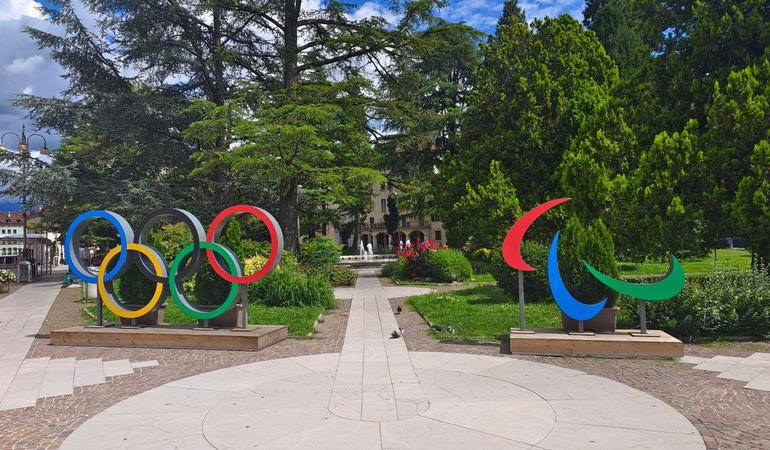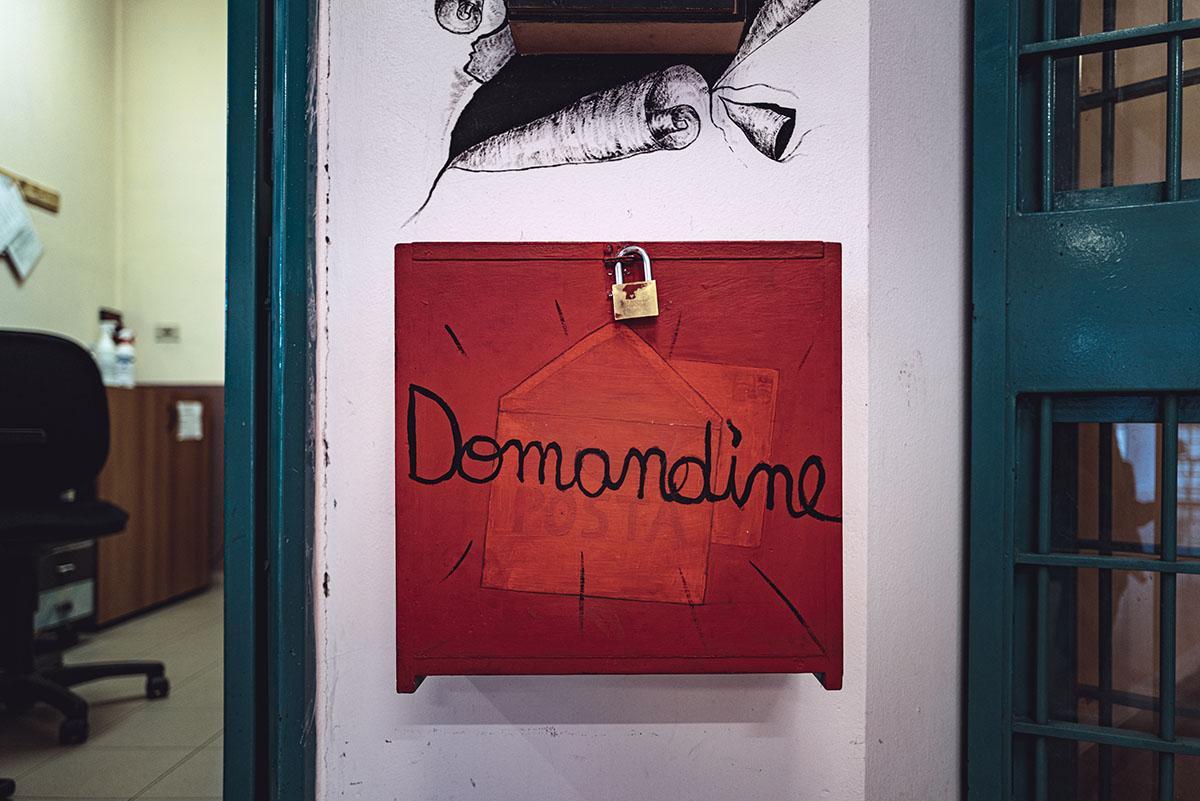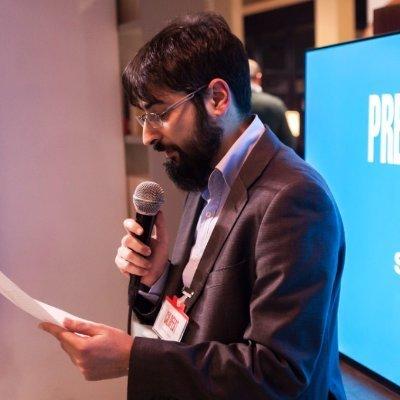
Milano-Cortina. Ecco come verranno spesi i 450 milioni di euro delle paralimpiadi



28 marzo 2025
On 25 February, the public prosecutor's office in Turin reported an investigation into 116 people - already detained or free - for drug trafficking within the city prison and the entry of mobile phones. This is not the first time this has happened. It happens several times to come across such seizures in penal institutions. Facts that are often used by some to call for more closures to prison life and more restrictions to goods that can enter from outside, which has already happened in many contexts.
For example, in some prisons, family members of prisoners are not allowed to bring their loved ones certain types of food or products, or they may do so by presenting them in specific ways. Not everyone has accepted the arrangements willingly. In some Sicilian prisons, there have been protests against the prohibition to bring heavy clothes, despite the fact that they are indispensable to face winter in facilities where there is no heating. In other cases, inmates have complained against a rule whereby they can bring in cheese and cold cuts already sliced: it is a way to prevent them from hiding anything else, but in this way the food spoils sooner.
After an impressive series of suicides occurred in the summer of 2023, the Minister of Justice Carlo Nordio had promised an intervention and, after several months, it went from four to six phone calls per month (each ten minutes)
The issue of telephones in prison, on the other hand, cannot be dealt with separately from the overall state of the Italian prison system, starting with a question that is anything but rhetorical: do we have a legality problem in Italian penal institutions? One would have to answer yes. Mobile phone 'trafficking' is just one of the demonstrations, which also questions why people risk a new investigation and a possible new conviction.
In some cases, say the judges, the phones are used to maintain criminal relations with outsiders. But in others - and this is also emphasised, for example, in the Turin public prosecutor's statement - they serve only to maintain family relations. Until recently, with very few exceptions, prisoners in penal institutions had ten minutes of telephone calls per week. After an impressive series of suicides in the summer of 2023, Justice Minister Carlo Nordio promised an intervention and, after several months, the number of telephone calls per month (each ten minutes) was increased from four to six. A minimal increase that certainly does not change the isolation of prisoners from their loved ones. Extending the use of telephone calls, even on a daily basis, at least for medium-security prisoners would already be an excellent way to combat illegality and reduce the number of mobile phones to be intercepted and confiscated.
We live in a society where the Internet is omnipresent, but in prison it is not allowed. This makes the penal institutions a pre-modern branch, even where there are no or no safety reasons
Then there is yet another issue. More and more often it happens on certain social media, in particular Instagram or TikTok, to see images taken inside cells. Again, the intent is certainly not criminal. We live in a society where the Internet is ubiquitous, but it is not allowed in prison. This makes penal institutions a cross-section of pre-modernity, even where there are no or no security reasons to recommend a tightening of access to the net.
Addressing these two issues would make it possible to focus more on controls on the most 'at-risk' detention circuits, trying to prevent the entry of telephones into prisons, which, as the press reports tell us, are sometimes brought in by relatives of detainees, sometimes by drones, but sometimes also by prison officers and other operators. Or else using tools that are already in use, such as those that can signal the arrival of drones and intercept them.
"There is a suicide emergency in Italian prisons", reports the association Antigone
The prison needs reforms, openings, to overcome incomprehensible foreclosures. The whole system needs to be brought back into law in order to ensure that people who are detained respect their rights, as well as the rights of those who work in prisons
But, returning to the question of the overall legality of the prison system, the issue of mobile phone 'trafficking' is only part of the whole. After all, a commonplace about prison that has been stirred up by many is that it is a 'crime factory'. It is a commonplace that also has a bearing on reality if one looks at the recidivism figures, which are always close to 70 per cent: out of ten people who end up in a cell, seven of them once outside go back to committing crimes, much to the detriment of the resocializing purpose of punishment.
On the other hand, it is difficult to build paths of social reintegration in a place that has not complied with capacity regulations for twenty years now, with oscillating but constant overcrowding rates: there are always more people than places available. That the system lacks legality, moreover, is also certified by the surveillance courts, which from 2018 to 2022, in five years, have condemned the State 19,570 times to compensate detainees or recognise their sentence discounts precisely for the 'inhuman and degrading' treatment they have been subjected to.
Legality also fails in the face of the many proceedings for violence and torture to which dozens of prison officers are subjected. Since the crime of torture was introduced in 2017, it has almost only been used against those who work in prisons, evidently signalling a problem concerning this specific place where there is an ever-present tension, as witnessed also by the aggressions of some inmates towards other inmates or towards the operators themselves.
That is why it would be a mistake to deal with the issue of the introduction of telephones while forgetting the context. Prison needs reforms, openings, overcoming incomprehensible preclusions. The entire system needs to be brought back to legality in order to ensure that prisoners' rights are respected, as well as the rights of those who work in prisons and to build greater collective security.
La tua donazione ci servirà a mantenere il sito accessibile a tutti
La tua donazione ci servirà a mantenere il sito accessibile a tutti